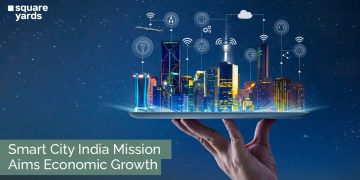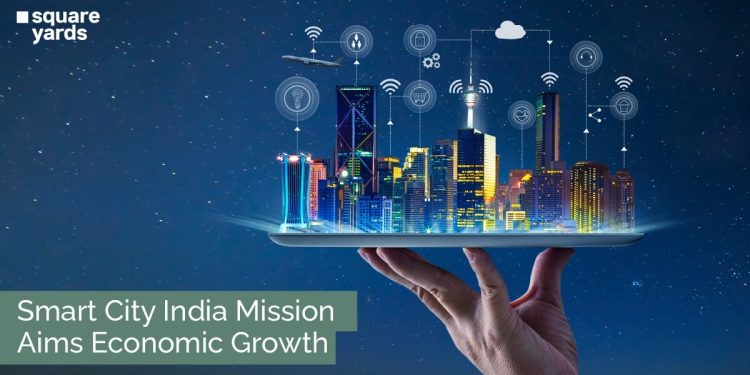🏙️ Introduction
India’s Smart Cities Mission aims to transform urban living through sustainable infrastructure, technology integration, and citizen-centric governance. By 2025, several cities have made significant strides in improving quality of life and urban management.
💡 Technological Innovations
- Deployment of IoT-based smart grids, traffic management, and waste management systems.
- Use of AI-powered analytics for urban planning and disaster management.
- Smart public transportation integrating real-time data for efficiency.
🌱 Sustainability Initiatives
- Promotion of green buildings and renewable energy adoption.
- Water conservation and smart metering to reduce wastage.
- Enhancement of urban green spaces and pollution control measures.
🏛️ Governance and Citizen Engagement
- Digital platforms for grievance redressal, service delivery, and participatory decision-making.
- E-governance initiatives increasing transparency and efficiency.
- Encouragement of community participation in urban development projects.
⚠️ Challenges
- Addressing urban-rural divides and equitable resource distribution.
- Managing rapid urbanization and infrastructure strain.
- Ensuring data privacy and cybersecurity in smart city systems.
🧠 Final Thought
India’s Smart Cities Mission in 2025 reflects a blend of technology and sustainability aimed at creating livable, resilient urban spaces. Continued innovation and inclusive governance will be key to realizing its full potential.

































































